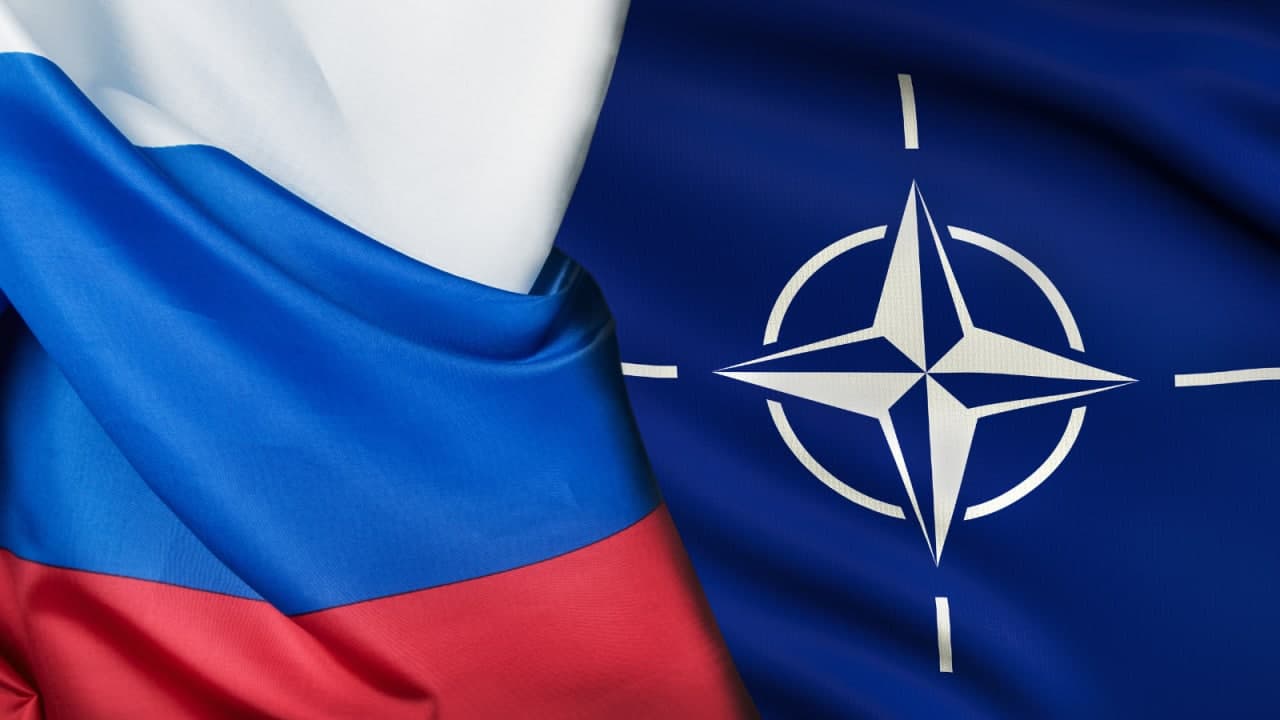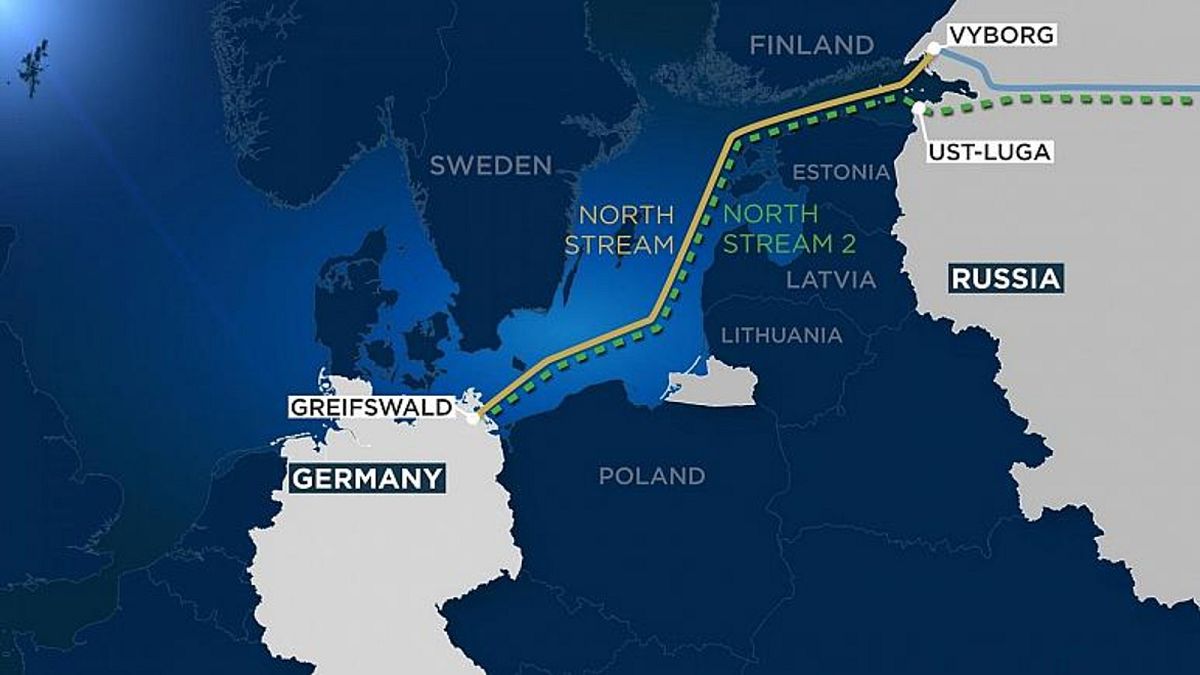In recent years, the relationship between Russia and Europe has been characterized by increasing tensions, particularly in the realm of energy. As Europe struggles with a shortage of power, Russia has been working to expand its influence through its vast energy resources, particularly natural gas. This has led some to describe the situation as a "new Cold War" in the energy sphere.
 |
| Russian Federation & NATO (North Atlantic Treaty Organization) credit Twitter |
One of the key drivers of this tension is Europe's dependence on Russian gas. Europe is heavily reliant on natural gas to meet its energy needs, and Russia is one of the continent's largest suppliers. In fact, around 30% of Europe's natural gas imports come from Russia. This dependence has given Russia significant leverage over Europe, particularly in times of political tension. For example, in 2006 and 2009, Russia cut off gas supplies to Ukraine, which had a major impact on gas supplies to other European countries as well. This has led to concern about Europe's energy security and calls for the EU to diversify its energy sources.
 |
| credit Forbes & Statista |
Another factor contributing to the new Cold War is Russia's aggressive energy strategy. Russia has been working to expand its market share in Europe through a variety of means, such as building new pipelines and increasing exports. One of the most notable examples of this is the Nord Stream 2 pipeline, which is currently under construction and will bring natural gas directly from Russia to Germany. The pipeline has been controversial, with some EU member states and the US arguing that it will increase Europe's dependence on Russian gas and undermine EU energy security.
 |
| North Stream 2 pipeline credit Euronews |
Russia's energy strategy has also been driven by a desire to counter the growing influence of the US in Europe. The US has been working to increase exports of liquefied natural gas (LNG) to Europe, in an effort to reduce Europe's dependence on Russian gas. Russia has responded by working to maintain its market share in Europe and prevent the US from gaining a foothold in the continent. This has led to a growing competition between Russia and the US in the European energy market.
| credit Statista |
In conclusion, the relationship between Russia and Europe in the realm of energy has become increasingly tense in recent years. Europe's dependence on Russian gas has given Russia significant leverage over the continent, while Russia's aggressive energy strategy has led to concerns about Europe's energy security. The situation has been described as a "new Cold War" in the energy sphere, with Russia and the US competing for influence in Europe. As the EU continues to struggle with power shortages, it needs to diversify its energy sources and reduce its dependence on Russian gas to avoid future conflicts.
Comments
Post a Comment